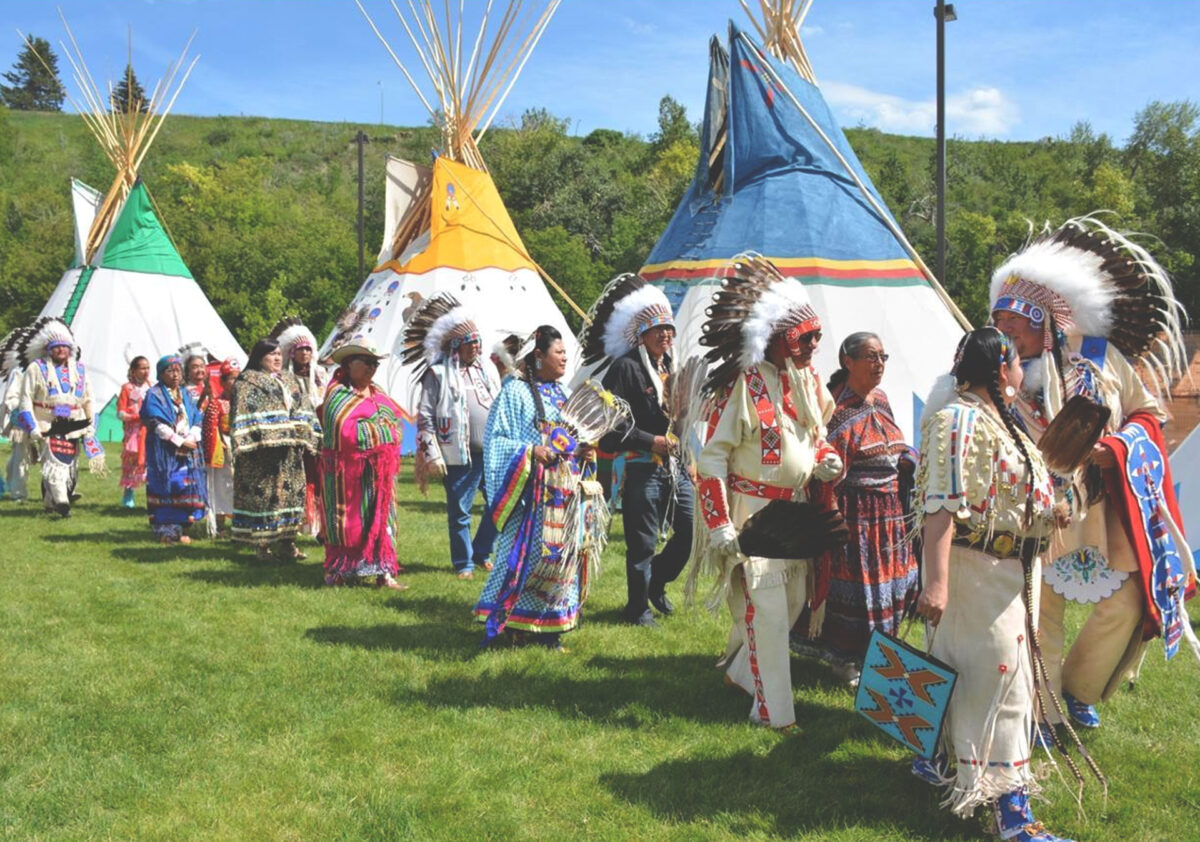Although there have been a wide range of Jewish-Indigenous encounters in Canada, they have never been at the center of Jewish concerns, according to historian David Koffman.
Indeed, aboriginal people have been “written out” of Canadian Jewish history, said Koffman, who holds the J. Richard Schiff Chair for the Study of Canadian Jewry at York University in Toronto.
Koffman made these comments during a Zoom webinar on October 19 sponsored by the Anne Tanenbaum Centre for Jewish Studies at the University of Toronto.
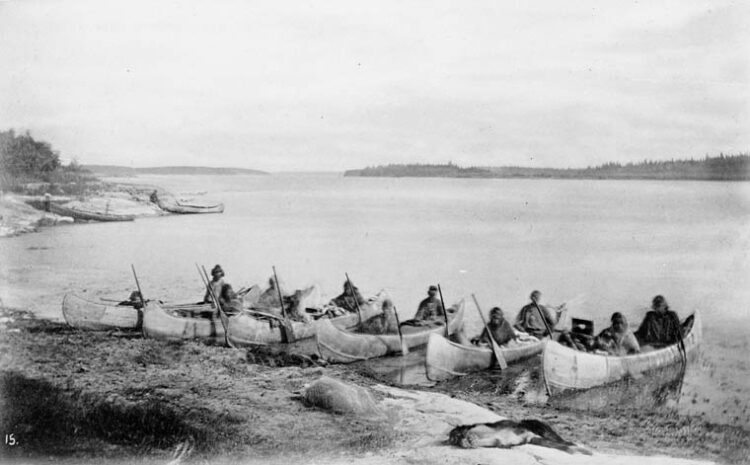
From the earliest moment of Jewish settlement in British North America, which would evolve into Canada in 1867, Jews and native people mingled freely.
Jewish fur traders, provisioners and merchants such as Levi Solmon and Benjamin Leon developed close and complex relationships with the aboriginal population, Koffman noted. Some Jewish settlers in the 18th and 19th centuries had sexual relations with Indigenous women and fathered their children.
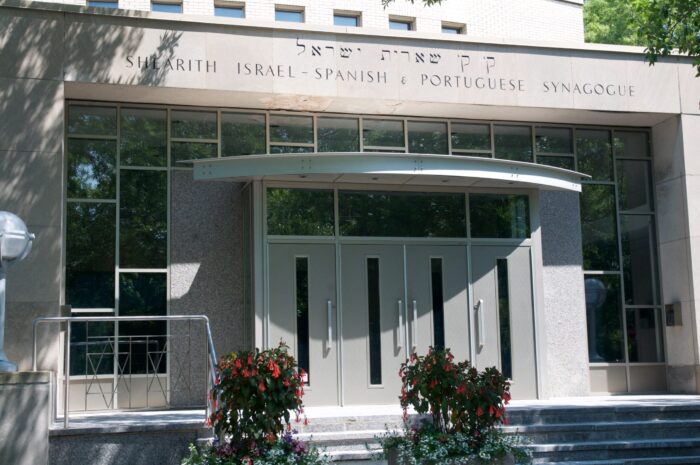
They were among the men who founded the first synagogue in Canada in 1760, Shearith Israel in Montreal, which is also known as the Spanish and Portuguese shul.
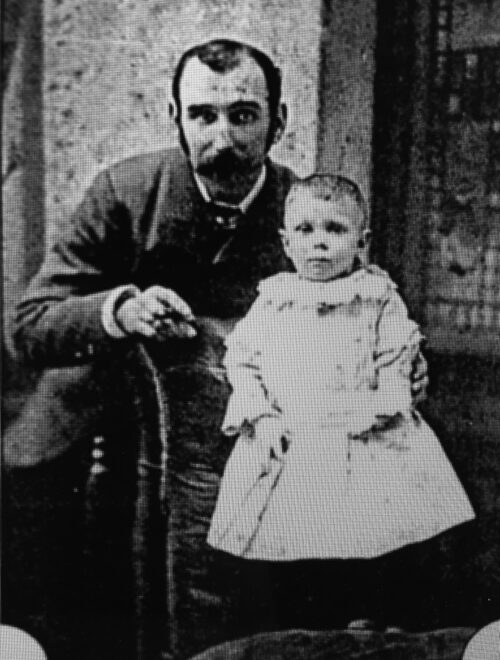
Jews like Andrew Aaronson and Frederick Landsberg, born and Britain and Russia respectively, played a central role in the marketing of “curios,” or Indian handicrafts, in Victoria and Vancouver and parts of the United States in the early 20th century, Koffman added. The merchandise they sold ranged from moccasins and tomahawks to bows and arrows and blankets.
First Nations people like the Cree and the Mohawks were displaced from their lands by new European immigrants, including Jewish settlers. Jews were among the white colonizers who harmed aboriginals, he said.
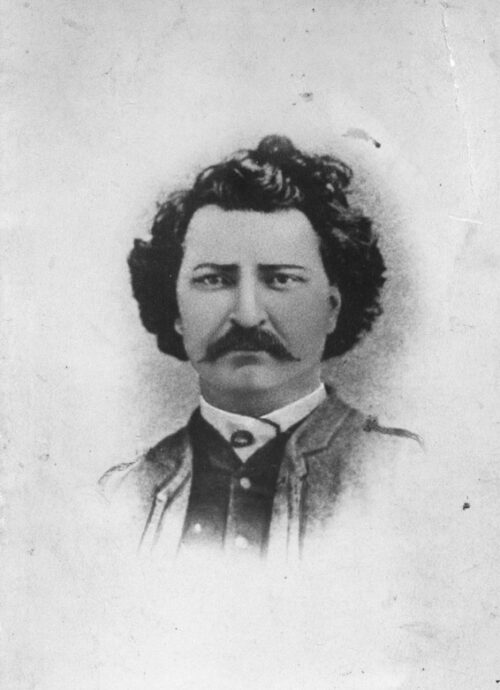
A number of Christian settlers believed that aboriginals were descended from ancient Jewish stock, but these claims were discredited. Louis Riel, a Metis leader, held firm to this belief and sought to incorporate Jewish practices into Metis life.
H.M. Caiserman, a Jewish writer, regarded Indians as exemplars of resistance to assimilation. Two of Canada’s finest Jewish creative writers, Adele Wiseman and A.M. Klein, empathized with the plight of the First Nations population and wrote poems about their lives.
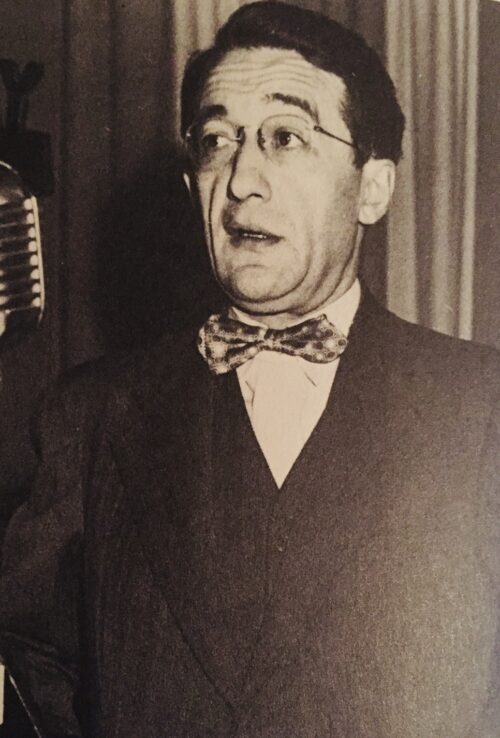
The Jewish anthropologist and rabbi David Mandelbaum conducted field studies of Indians in the western province of Saskatchewan. The Chief Justice of Quebec’s Superior Court from 1983 to 1992, Alan Gold, mediated the tense Oka standoff over Indigenous land claims. The human rights activists Alan Borovoy and Kalman Kaplansky advocated on their behalf.
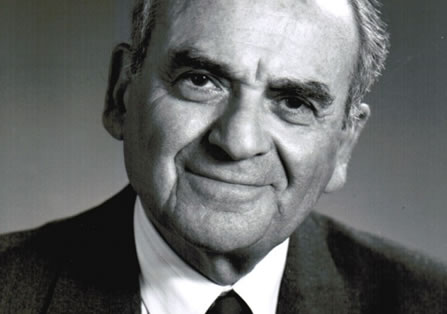
In occasional reports, the Canadian Jewish Congress dealt with Indigenous issues.
The image of Israel in First Nations communities is checkered, said Koffman. Israel has been held up as a model of Indigenous sovereignty. Alternatively, Israel has been maligned as an oppressor of Palestinians.
Antisemitism has rarely intruded into the realm of Jewish-Indigenous relations. The one striking exception to this rule occurred in 2002 when David Ahenakew, a former chief of the Assembly of First Nations, made scathing remarks about Jews and the Holocaust.
Ahenakew’s Indigenous colleagues distanced themselves from him and he was publicly shamed, Koffman said. Charged with promoting hatred, he was stripped of his Order of Canada by the federal government. He died of cancer in 2010.
